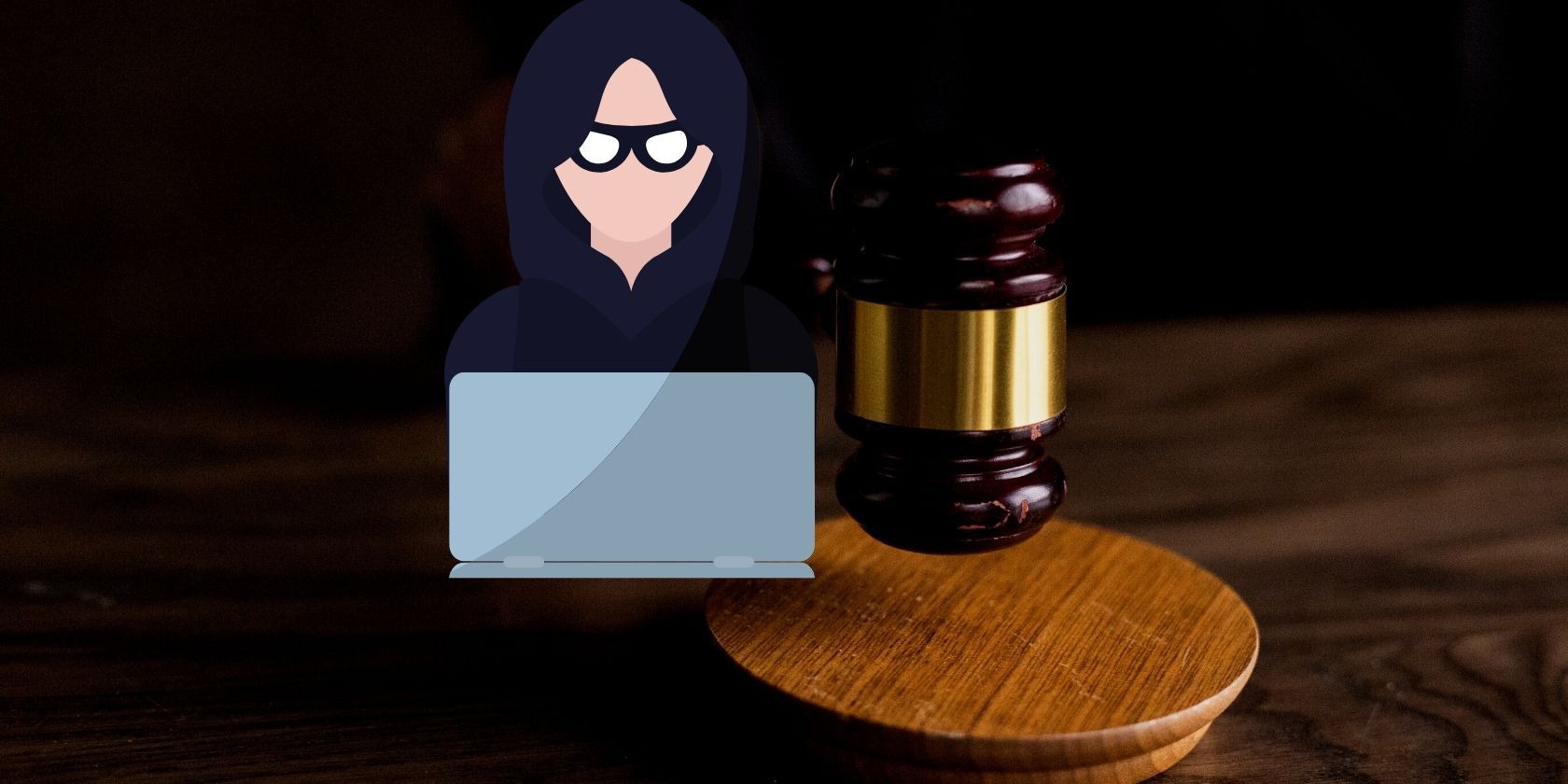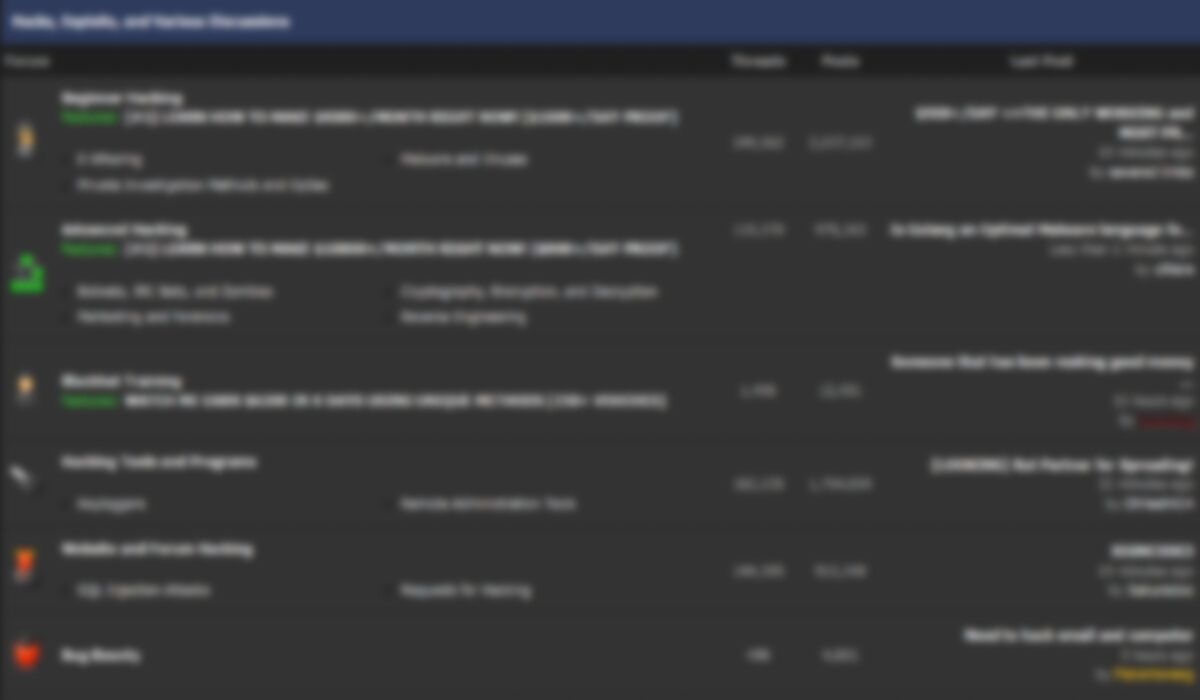In popular entertainment, hackers are usually portrayed as rebellious teenagers taking on world banks from their parents' basements, or as skateboarding cyberpunks wearing leather boots and fingerless gloves.
In reality, successful cybercrime outfits are usually financially-motivated and more often than not tied to real life crime organizations, or autocratic governments.
But that doesn't mean the cybercrime community is anarchic—in fact, it has its own justice system on the dark web.
Why Hackers Use the Dark Web
The term "dark web" itself carries sinister connotations, but in general it is just an umbrella phrase used to describe a subsection of the internet not indexed by regular search engines that can only be accessed via specialized software.
In other words, if you are browsing this page right now, you are on what's called the surface web. To access the dark web's anonymous websites safely, you'd have to use the Tor Browser or similar software, as well as a reliable VPN.
The dark web is not illegal, but the anonymity it provides has made it a haven for cybercriminals, who tend to gather and organize on forums, where they discuss community news, share hacking resources, and settle disputes.
What Are Dark Web Courts?
Just like in any other community, there are regular disputes among cybercriminals. Since money is involved, the disagreements are usually both contentious and consequential.
Cybersecurity researchers at Analyst1 released a late 2021 report detailing what they described as the dark web's very own justice system.
Much like in the real world, a dispute is brought to the courts when at least two parties encounter an unsolvable issue and ask an authority for mediation or an intervention of some kind.
For example, if one hacker group purchases compromised network access from another and then realizes it was previously sold to a third party, it can bring its case to the court.
The court in this case is an underground hacker forum and its administrators are the judges.
To "sue" a fellow threat actor, the accuser needs to open a thread on the appropriate sub-forum, describe their claim in detail, name the defendant (this includes providing their contact information, like Telegram), present evidence, and share any relevant information pertaining to the case.
Since the entire process takes place in the virtual world, chat logs, records of cryptocurrency transactions, and screenshots are considered evidence.
If the arbiters determine the accuser made a convincing case and convict the defendant, the defendant is ordered to comply within a specific time frame.
If they fail to comply, they are banished from the forum and therefore lose access to precious information, hacking resources, and any and all rights given to members of the community.
If the defendant is found to be innocent, the arbiters close the case.
There is no jury, although other forum members are free to comment in the thread, participate in the discussion, and share their own opinions on the dispute.
Should You Worry About Dark Web Courts?
According to Analyst1 researchers, the dark web courts have settled thousands of disputes over the years. In some cases, the financial claims were as high as $20 million.
But the fact that cybercriminals have their own quasi-democratic system and a judicial process does not suggest they have grown a conscience, but rather proves how well-organized and sophisticated—and thus more dangerous—threat actors have become.
What Can We Learn From Dark Web Courts?
This shows just how important it is to stay on the lookout for new trends in cybercrime, invest in robust protection, and take basic safety precautions.
Cybercriminals tend to target organizations as opposed to individuals, so every business should—apart from keeping all systems up to date and educating employees—consider decentralizing their data.
And if you want to access and browse the dark web, even if out of pure curiousity, make sure to do so safely and anonymously.





